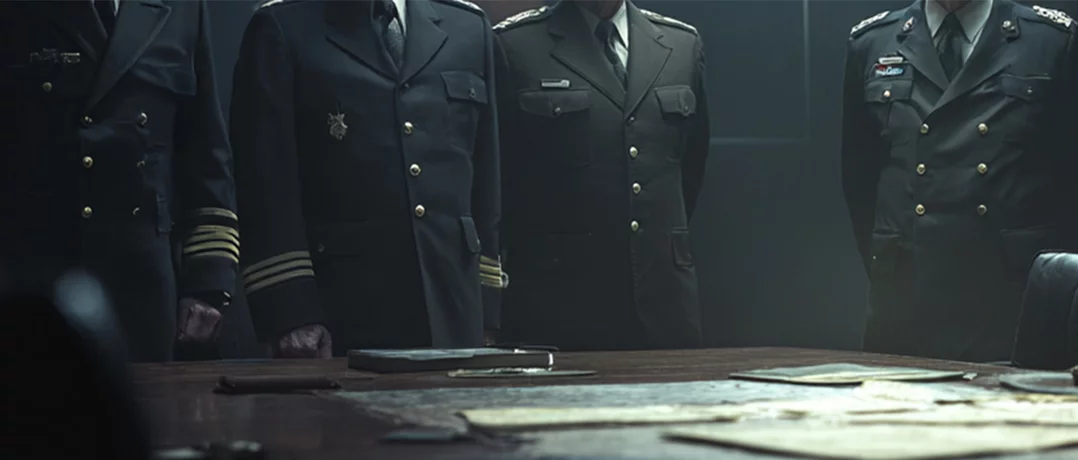Israel’s investigation into the October 7 attack points to major leadership and intelligence lapses, sparking disciplinary actions and renewed demands for full accountability.
Israel reevaluates October 7 attacks

The Israeli army has been shaken internally since Hamas’s surprise attack on October 7, 2023. Military investigations revealed that a number of senior officers would be held responsible for what were described as strategic and judgment-related failures. These findings led Chief of Staff Herzi Halevi to impose personal disciplinary measures on several high-ranking commanders. The unfolding inquiry reflects the army’s view that the shortcomings were rooted primarily in leadership, rather than in field operations or tactical execution.
Leadership failures and intelligence misjudgments
Among the disciplinary steps taken were the recall of former reserve officers and the removal of key commanders who held critical responsibilities ahead of the attack. This approach underscores the belief within the military establishment that systemic failures originated at the highest levels.
Former Chief of Staff Herzi Halevi stated in a recent recording that Hamas had implemented a “complex deception strategy” toward Israel for years, skillfully appearing to focus on civilian administration while preparing militarily in the background. He argued that Israel’s acceptance of Hamas managing certain civil affairs, coupled with external financial support directed to the group (which Israel long accused Qatar as being behind this backing), was a strategic mistake that contributed to its legitimization.
Halevi also explained that intelligence services had detected changes in Hamas’s training patterns prior to the attack, yet these signals were downplayed within the security ranks. He added that he received a warning call on the morning of October 7 highlighting “suspicious indicators” in Gaza, but early assessments dismissed them as routine. From his perspective, Hamas successfully evaded Israeli surveillance systems, creating conditions that made the attack possible.
Calls for political and security accountability
Kobi Lavi, a former defense adviser, offered a critical analysis of the security approaches in place before the attack. He argued that the failure was not solely the result of “Hamas deception,” but also the leadership’s inability to interpret the available intelligence realistically. Lavi believed some officers evaluated Hamas through a Westernized analytical framework that did not reflect the group’s true nature, revealing a deeper strategic misunderstanding.
Lavi insisted that accountability must extend beyond the military to include political decision-makers. He stressed that preventive measures required clear political directives, not only intelligence warnings. To address these issues, he called for establishing a national investigative committee with broad authority to examine failures across the entire leadership hierarchy, from senior politicians to field officers, as well as intelligence agencies such as Mossad and Shin Bet. One of the fundamental problems, in his view, was the absence of dissenting opinions within intelligence circles, which limited the ability to reassess threat evaluations freely. He cites the 1973 October War as a historical reminder of the importance of internal debate within the security establishment.
Alas, despite the critiques, Lavi acknowledged that the Israeli army demonstrated considerable operational capabilities on other fronts following the attack. Nevertheless, he stressed that admitting failure and extracting meaningful lessons is crucial, especially as the region faces interconnected and evolving security challenges. Ultimately, the investigations into the October 7 attack represent a defining moment for reassessing Israel’s military, intelligence, and political performance, amid rising domestic demands for comprehensive accountability and strategic reform.



